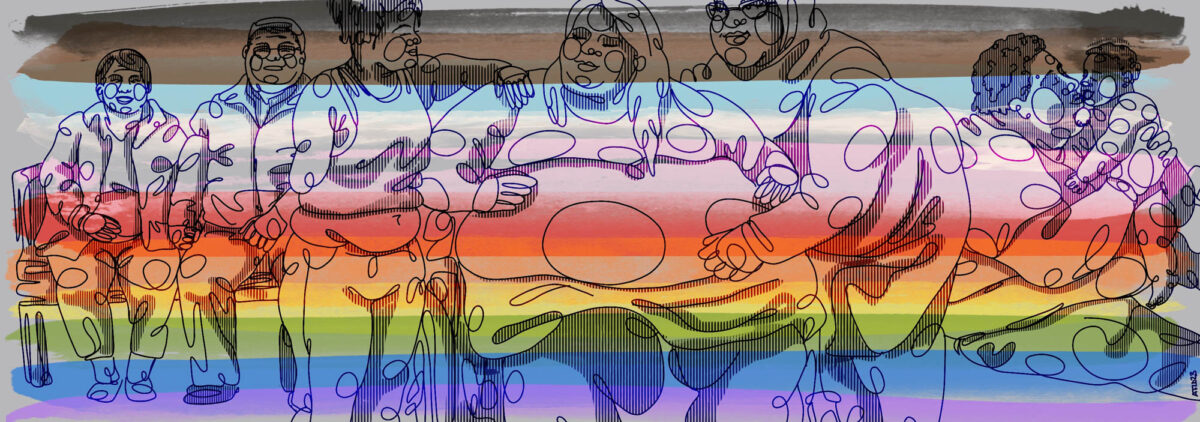Origin stories are important. They map the roots, the contours, the beliefs about who a people or a nation is, who the polity includes, who it excludes, who is recognized as a citizen, who is “illegal” or, at best, a refugee or a recent immigrant. The origin stories of social movements and fields of study are equally important. They name the creators and their foundational questions; they identify whose perspectives are important and whose are irrelevant; and they demarcate the central goals, tactics, and methods, and exclude those that are superfluous or even dangerous. Origin stories set the terms. They provide the yardstick by which either to measure lineage and belonging or, conversely, to serve as the foil which initiates the rejection and then serves as the point of comparison for the new, improved, and presumably different approach. Nevertheless, that “different” approach is recognized by the extent to which it diverges from the original. With each articulation of a particular origin story, the roots grow deeper, the vision more certain. It becomes more daunting to challenge or re-imagine meaning, purpose, and trajectory outside of those boundaries initially constructed.
Farrell, A. E. (2019). Origin stories: Thickening fat and the problem of historiography. In M. Friedman, C. Rice, & J. Rinaldi, (Eds.), Thickening fat: Fat studies, intersectionality and social justice (pp. 29–39). Routledge.





